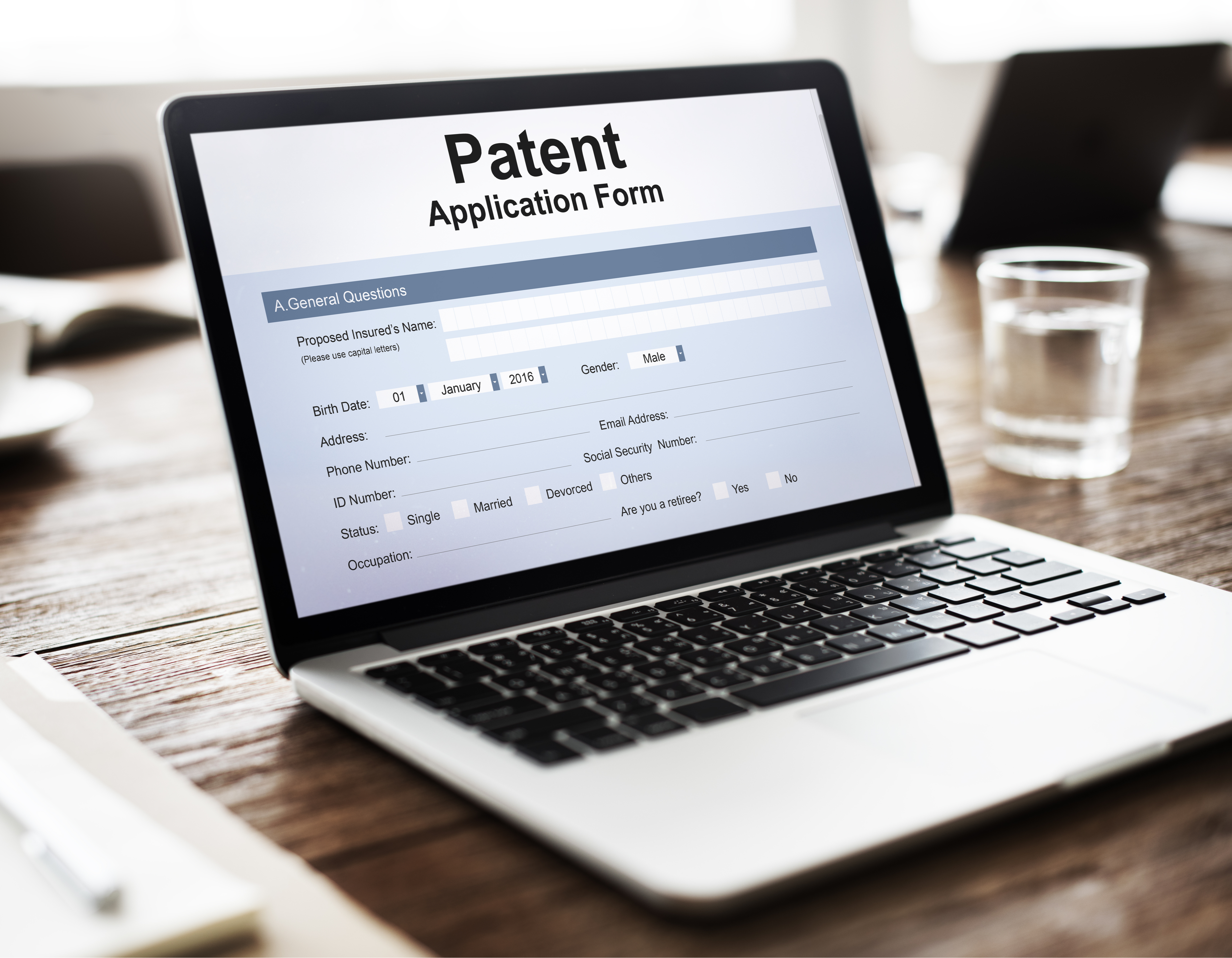Can you still patent an invention after details of the invention have been published? The answer is yes in some countries, but not in other countries.
In order for an invention to be patentable, both the criteria of novelty and inventive step / non-obviousness have to be met. In general, the invention should not be disclosed to the public either in writing or in another manner, such as a product sale or lecture, before the patent application is filed.
However, some countries offer a so-called “grace period” which is a specific period of time (generally 6 or 12 months) before the filing of a patent application, during which certain types of “pre-filing disclosures” do not destroy the novelty of the invention. These pre-filing disclosures are not taken into account when determining the patentability of the invention.
The European Patent Convention (EPC) offers a conditional grace period of six months from the filing date of the application in Europe (or the PCT filing date) and will not take into account “non-prejudicial” disclosures which are due to
- an evident abuse to the prejudice of the applicant or its predecessor in title – such as an unauthorized publication of the invention; and
2. display of the invention at an official or officially recognized exhibition – there are however very few such exhibitions.
Other countries have a much broader definition and state that any disclosures made by the applicant within the grace period are not taken into account for the assessment of novelty and inventive step. For example, the United States has a twelve-month period to allow the filing of the patent after details of the invention have, for example, been published. Japan, Canada, and Australia have similar laws. This period of grace is useful if an inventor is unsure about whether to file a patent application or not – they can assess the impact of the invention before filing an application.
A fuller list of countries with their laws (as of April 2020) can be found here.
If you are not sure whether you can still patent your invention, then get in touch here.





